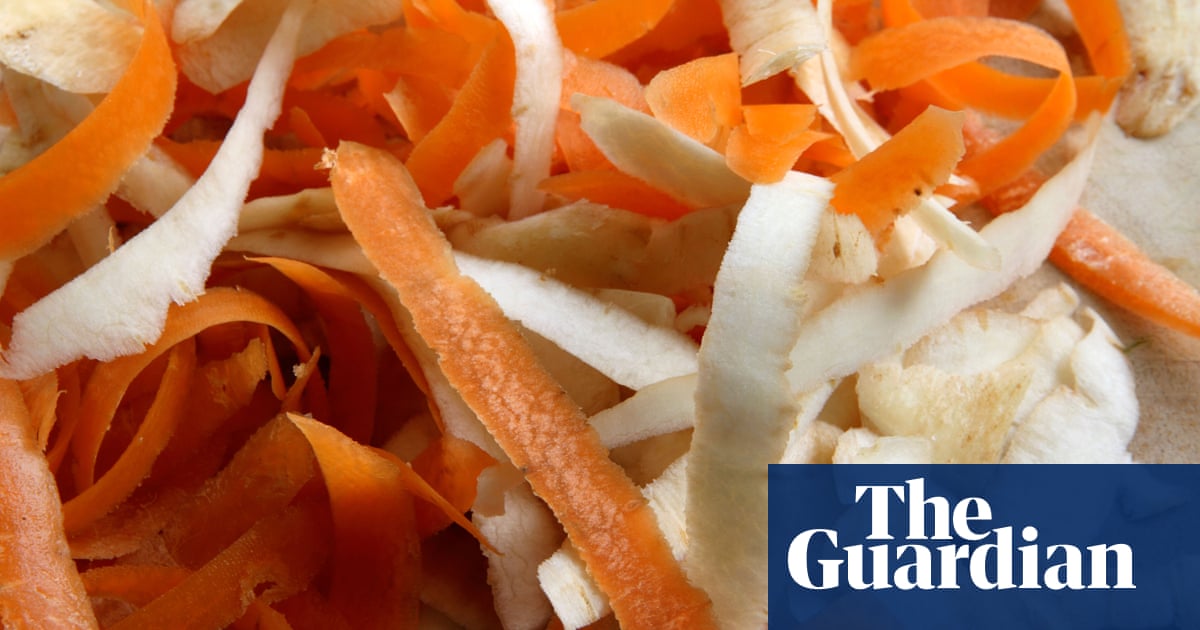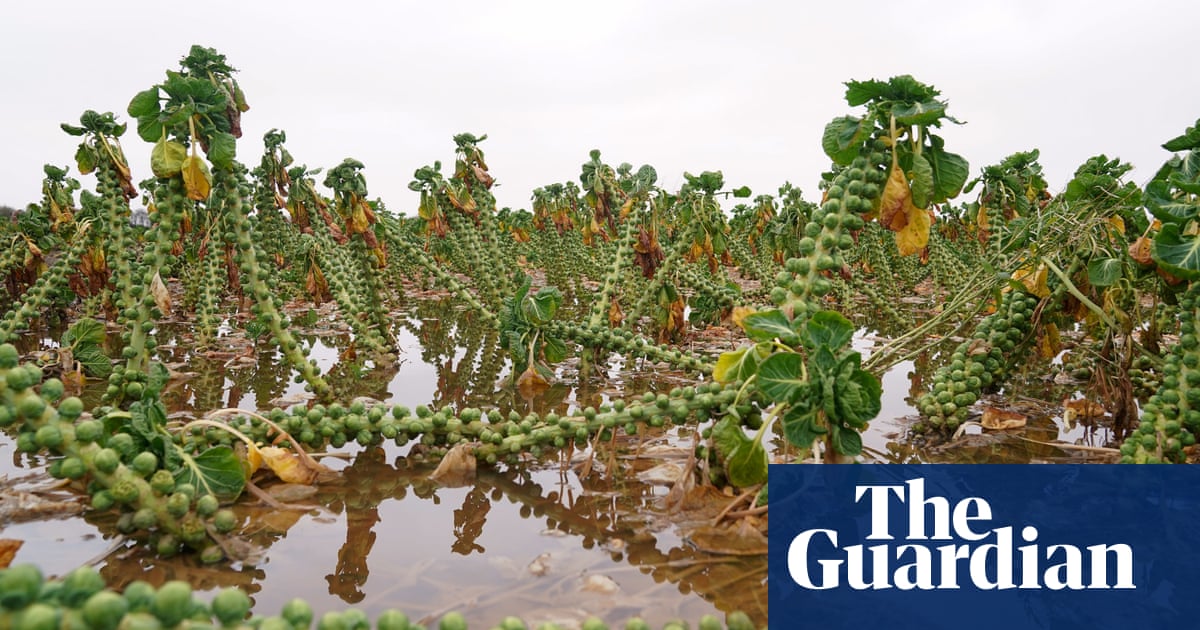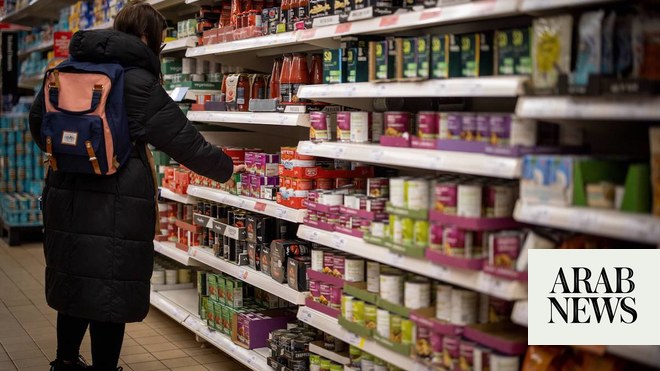
The mild autumn has caused much of the UK’s green vegetable and potato crops to grow early, leading to a glut and a large amount of waste, and fears of shortages early next year.
Cabbages, cauliflower and broccoli that were supposed to be ready later in December or in January are ready to harvest now, with some having grown to huge sizes because of the exceptionally mild autumn.
Farmers who have been growing vegetables for decades say they have never seen anything like this before, and that they have had to “tear up” their sowing and harvesting timelines due to the unpredictable climate.
Guy Singh-Watson, the founder of the organic vegetable box company Riverford, told the Guardian he had hundreds of tonnes of surplus vegetables due to the “astonishing” weather. He is working with FareShare, a charity that distributes surplus food to those in poverty, to get the extra brassicas and potatoes to those who need them.
He told the Guardian: “I’ve been growing vegetables for 35 years and have been planning my sowing and harvesting dates every year based on what I’ve learned, so this year I could just have torn it up and thrown it all away. The climate is changing very quickly. This is the first time in 35 years we have been so far adrift, due to the extraordinary weather. I hope that I never see this again.”
The company is dealing with an enormous glut of vegetables. Singh-Watson said: “We have a lot of savoy cabbages stacking up, 13,000 that will have to be cut next week, a lot of leeks as well and a lot of cauliflowers coming. They are all huge, the savoys are huge, the cauliflowers are huge.
“It’s predominantly the weather, it’s just been so mild we are picking savoys and purple sprouting broccoli that was due in January. We can persuade our customers to have more greens in their boxes but there is a limit.”
He thinks there may be shortages of these vegetables in January and February. “There will be a problem, we won’t be able to grow them again, most of these crops will be grown [again] in around about July. That crop is gone. When they come early that will probably mean we will be short at some point after Christmas.”
Large amounts of the surplus are going to FareShare, but much is being thrown away or fed to livestock. Martin Lines, who chairs the Nature Friendly Farming Network, said: “I have heard the same from farmers. When the weather changes and is warmer than normal, demand drops and the supermarkets cancel contracts.”
Consumer demand is also to blame; the mild weather means people are not yet in the mood for sprouts and cabbages.
Mark Tufnell, the president of the Country Land and Business Association, said: “Severe drought through the summer has played havoc with crop yields, and now consumer demand for winter vegetables is being damaged by unseasonably warm November weather. Whilst supermarkets are adapting by offering vegetables – such as potatoes and brassicas – of a smaller size, many are refusing to pay farmers a price that would cover the cost of production. This is leaving farmers with no choice but to limit the quantity of food they are producing.”











